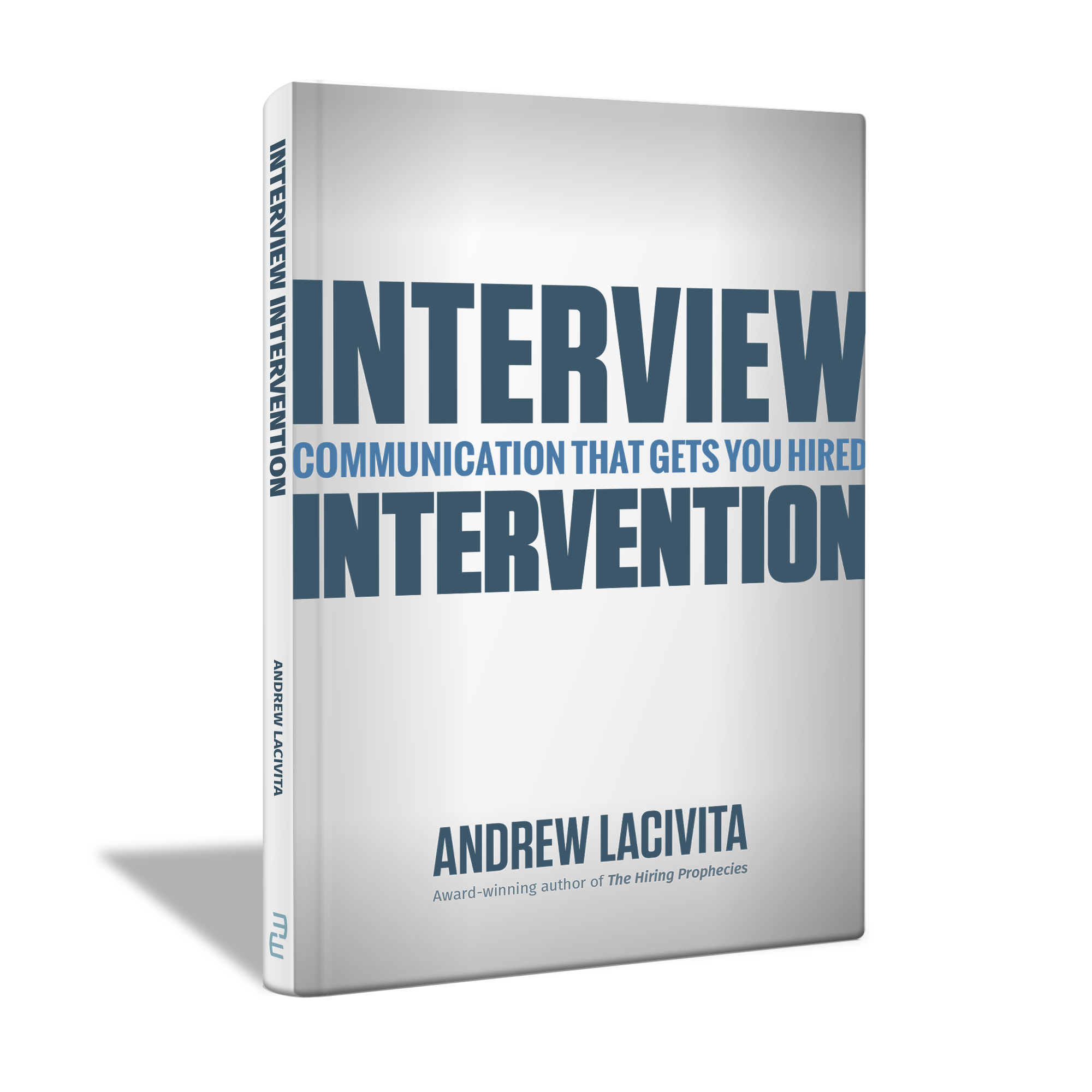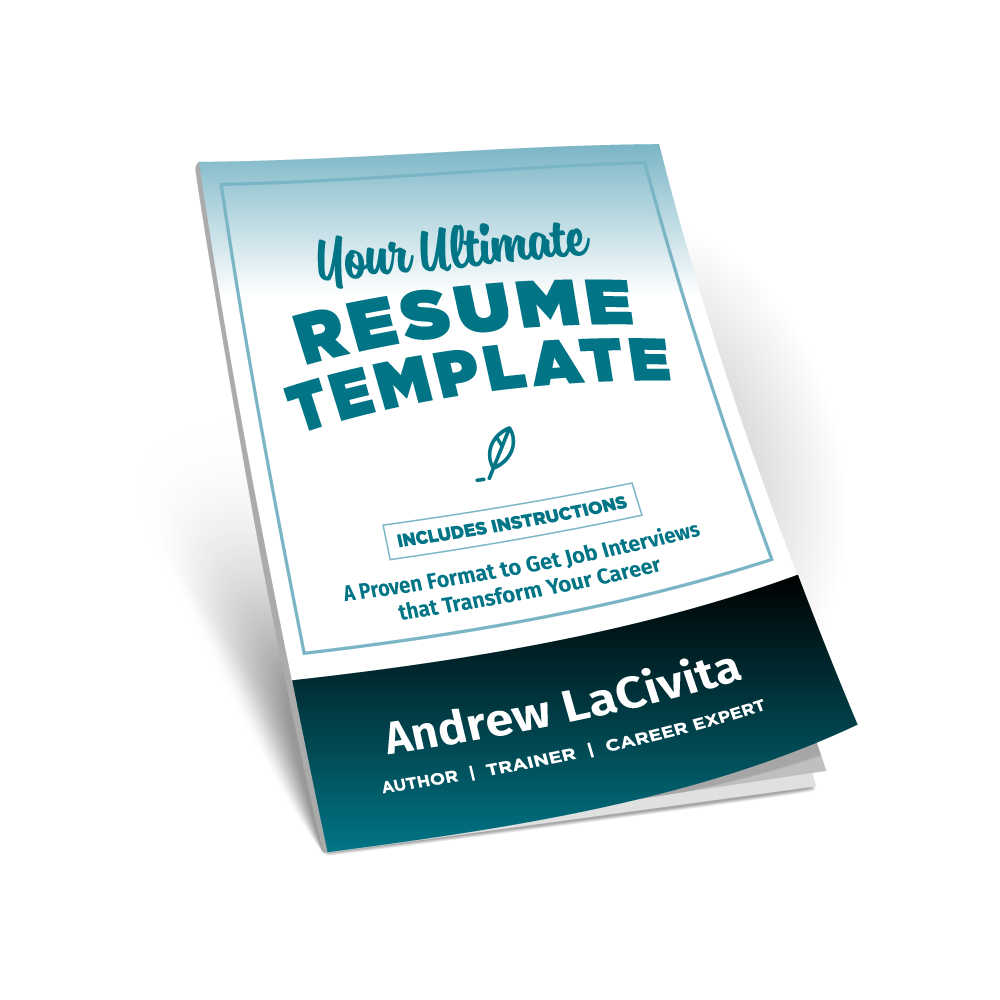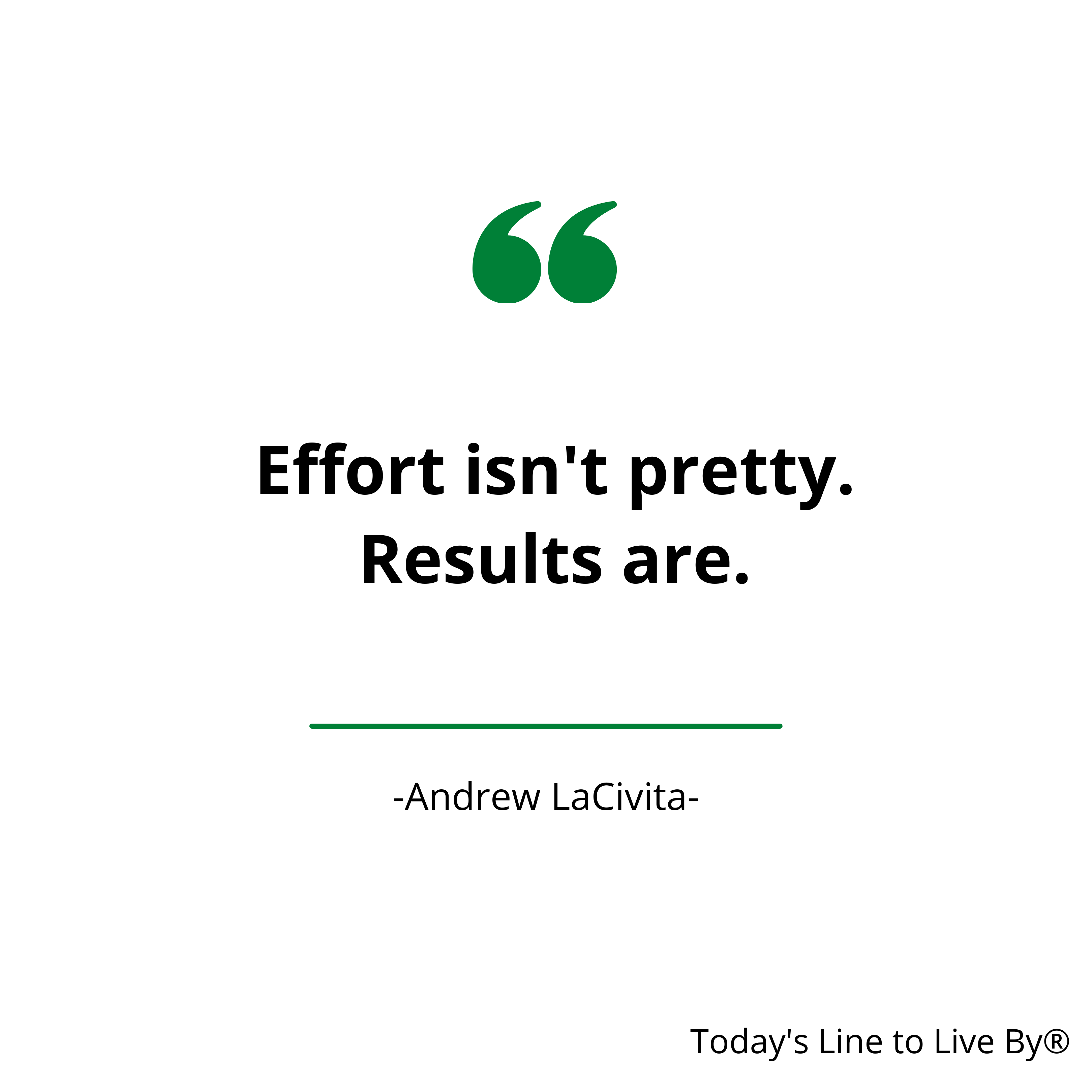I love checklists so I thought it might be nice for everyone to have a handy-dandy quick-reference guide to review before heading into a job interview.
If you are someone who has been following my posts, you’ll notice that I’ve previously addressed many key areas for interviewing success. Now it’s time to pull it together so you can have it one spot.
I’ve included links for each area that trace back to articles with more insight, and you can download a complimentary eBook of Interview Intervention: Communication That Gets You Hired by signing up for the email distribution list on the front page of the milewalk website!
Now let’s take a look at how to prepare, execute, and follow up!
Preparation makes up for many talent shortcomings.
Before the interview, prepare for all facets you might encounter. Keep in mind, you are putting together a plan that will allow you to effectively execute the interview, but it will also provide you with the freedom to make alterations when necessary.
Perform your current assessment to ensure you can effectively determine whether the opportunity is right for you:
- Current Situation. Identify all forms of what you currently have
- Requirements. Develop a list of your needs and wants
- Timing Considerations. Determine whether now is an appropriate time to leave
- Counteroffer Potential. Prepare in advance whether you would entertain this
- Compensation and Benefits. Review a complete list of your current actual value
Research the organization to ensure you are fully prepared to respond effectively to its interviewing questions as well as use the information to prepare your questions.
- Review corporate website
- Review additional websites such as LinkedIn, Glassdoor, Vault, WetFeet, and Hoovers
- Discover key information such as the following:
- Why would I want to work there?
- Does the company have a product or service that is valuable?
- Is the company a leader in its industry?
- What is the corporate culture and is it unique?
- What are the job and career development opportunities?
- Who works there?
- What are the benefits?
Perform research on the interviewer(s) (if known) to determine common acquaintances, interests, and so forth. Review websites such as LinkedIn as well as perform simple Google searches.
Remember the Key Success Factors
Be mindful of the reasons you will be successful during the interview. Focus on your ability to accurately articulate your qualifications and potential contribution. Begin preparing your stories so they help the interviewer accurately interpret your responses as well as remember them.
Prepare for Likely Interview Questions
Review the areas you anticipate will be most important to the interviewer as well as the common effective interviewing questions.
- Review the two types of questions (“What would you do?” and “What did you do?”)
- Review your background to refresh your memory on the details of your career highlights
- Review the six common qualities for effective, memorable storytelling:
- Use the fourteen effective interviewing questions to prepare appropriate responses, including the six key qualities for memorable responses
Review your current situation, interests, requirements, and other relevant information to prepare effective questions to ask the interviewer. Categorize your questions to demonstrate your organization skills and portray your team-player orientation.
- Group questions accordingly—Company, Role, Boss (or Interviewer)
- Use sample questions included in this book as a starting point
- Identify your additional questions as appropriate
- Structure questions to maximize benefit to you—Passion, Smarts, Intelligence
Execution is easy when you’re honest and interested.
During the interview, execute as you have prepared. Even if the interviewer surprises you with unanticipated questions, your level of preparation will position you to effectively handle them.
During the opening moments, use opportunities to shrink the world, if appropriate. Keep your eyes and ears open for clues as to the interviewer’s interests.
Use the principles outlined for storytelling, including the six qualities for memorable stories, to respond to the interview questions.
Use the three elements of effective questioning when asking the interviewer—Passion, Smarts, and Intelligence.
Assess the interviewer’s reservations to allay them. Confirm for the interviewer that you are the right candidate for the job. Ensure you leave the interview with an understanding of next steps.
- Ask the ultimate closing question: “Do you have any reservations about hiring me?”
- Evaluate the interviewer’s reservations.
- Address any misinterpretations or communication gaps.
- Reassure the interviewer using the Confirm, Assure, and Close technique.
Always be appreciative and thankful.
Follow up that same day with effective thank-you techniques. Send e-mail and confirm you’re mailing a personalized handwritten note. Thank-you note should start with thanks for your time, follow with points aligning you to the position, and close with confirmation of your interest.
This checklist is effective once you’ve landed that job interview. If you’re interested in an effective overall approach to your job search, check out The Art of a Successful Job Search!









Leave A Comment